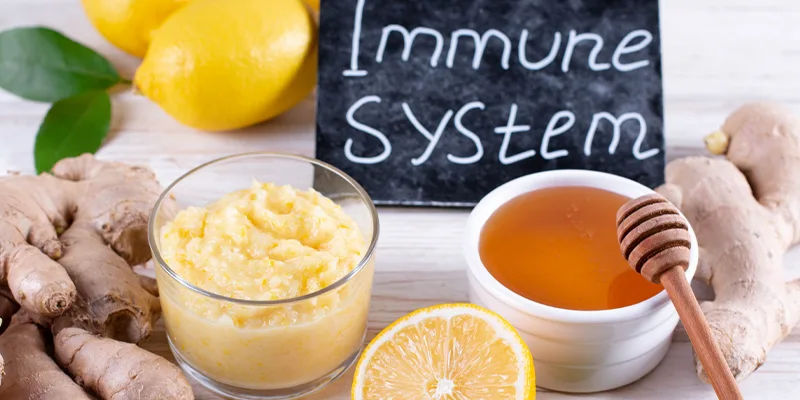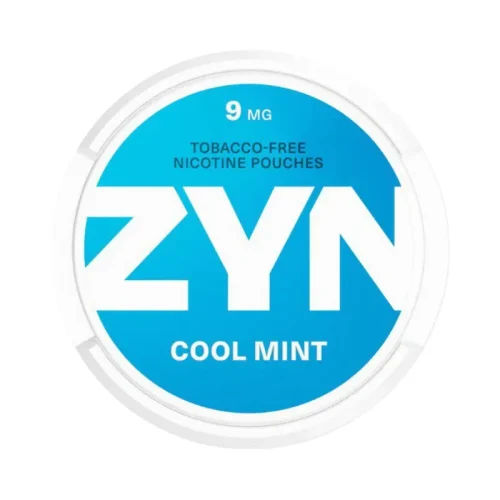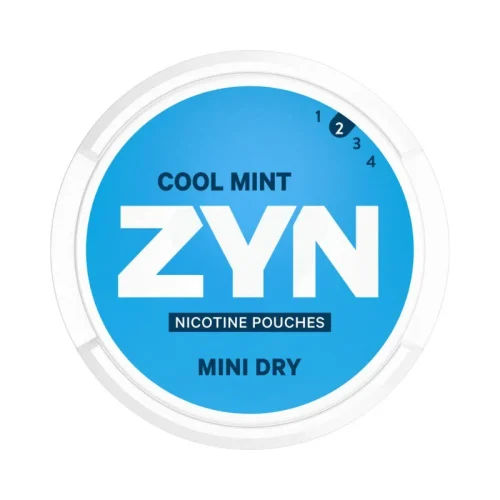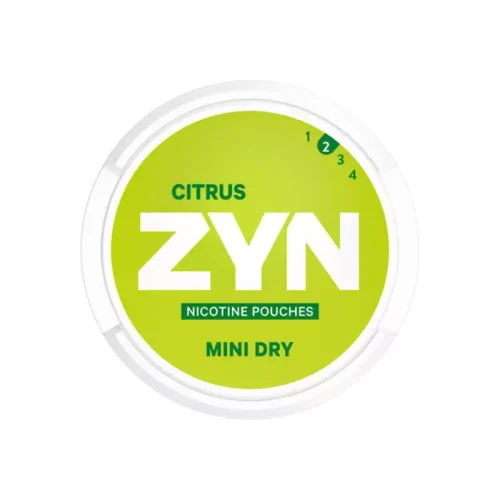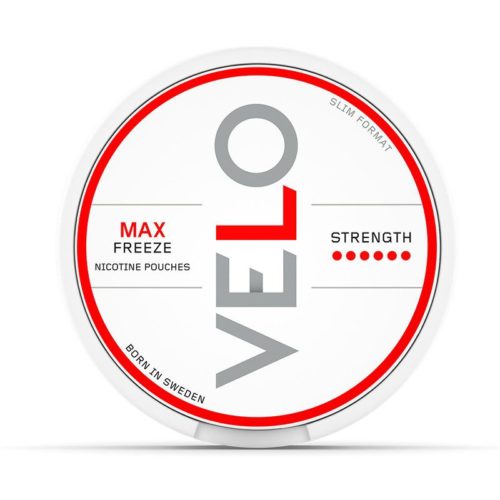Snus is a moist oral tobacco product that is used as one of chewing tobacco alternatives. It also contains nicotine. Nicotine is a highly addictive substance that both stimulates and relaxes its users. Snus tobacco will make you more alert and increase your cognitive functions due to its nicotine content. Snus is used by placing a snus pouch in your mouth between the lip and the gum. Using snus pouches raises your risk of cancer, creates cardiovascular problems, and dental issues as well, makes you addicted to nicotine, suppresses the immune system, and increases respiratory and reproductive problems. The side effects of taking snus every day are brownish teeth and nicotine addiction on top of all the health issues that come with long term use of snus. Best snus is available at Snusboss.com. Snusboss offers the best snus tobacco products with excellent prices.
1. Risk of Cancer
Risk of cancer means the likelihood of developing abnormal cell growth. When you use snus you increase the likelihood of developing cancer (for example oesophageal and pancreatic cancer) as is stated by the Norwegian Institute of Public Health in 2019. Tobacco products have been proven to provoke abnormal cell growth among the people who use them (including secondhand smoking).
2. Cardiovascular Problems
Cardiovascular problems mean issues with your heart or blood vessels. Snus contains nicotine and nicotine has some known effects on your cardiovascular system. Nicotine affects your cardiovascular system by: increasing your blood pressure, speeding up your heart rate, and narrowing your arteries. Nicotine is a stimulant and this is why your blood pressure and heart rate go up.

3. Dental Issues
Dental issues mean problems with teeth. Because snus contains tobacco and is kept in your mouth (between the lip and the gum) it directly impacts your teeth and their surroundings. Snus is acidy and that might cause irritation to gums that can lead to inflammation. Long term overexposure to snus can lead to losing your teeth due to bad oral hygiene.
4. Nicotine Addiction
Nicotine addiction means you have a need to use nicotine products and you are unable to stop using them. Snus contains nicotine and that ingredient is responsible for the feeling “high”, when consuming it. Nicotine is a highly addictive substance. It provokes the production of pleasure hormones – dopamine and serotonin. When you want to stop using nicotine products your body will send you cravings and other signals to use it again. Because your own body is telling you to use it again that is what makes it difficult to stop using nicotine products.
5. Immune System Suppression
Immune system suppression means that the body lacks sufficient white blood cells or antibodies to combat bacteria or other threats. Snus contains nicotine. Nicotine changes macrophages, and converts them from defenders to the type that helps inflammatory and supports tumor growth as was researched by Singh, Ph.D. in 2021.
6. Reproductive Problems
Reproductive problems mean problems with fertility and conceiving. Because snus contains nicotine and tobacco it gets health effects from both of those substances. Nicotine is a stimulant and relaxing drug at the same time and influences the reproductive systems by making them less effective due to those impacts. Long-term exposure to nicotine alters the spermatogenic cells and sperm production and suppresses spermatogenesis, thus directly leading to male infertility- as published in a clinical trial 2017 by Budin, Kho, Lee, Ramalingam, Jubaidi, Latif, Zainalabidin, Taib, and Mohamed.
7. Respiratory Problems
Respiratory problems mean a type of diseases that affects the lungs and other parts of the respiratory system. Snus contain tobacco and nicotine. Both of these substances change the way our body works by invigorating and calming the system in different parts simultaneously. Due to that our body reacts in some harmful ways – respiratory problems. Snus use has been associated with a higher prevalence of asthma, respiratory symptoms and snoring as published in a clinical research “An investigation on the use of snus and its association with respiratory and sleep-related symptoms: a cross-sectional population study” published in 2017.
What’s a Snus?
Snus is defined as a moist oral tobacco product which is placed between the upper lip and gum. Snus comes in loose or in portioned pouches, the pouches are usually brownish. Air-cured tobacco is ground, mixed with salt and water and then processed under strict quality and regulatory controls using a technique. It is a similar process to pasteurization. Snus processing has extremely high-quality standards that make the creation of this tobacco product different from other tobacco products. Snus is used as one of chewing tobacco alternatives due to its wide selection of flavors and strengths. Snus is healthier than smoking tobacco products but not using any nicotine products is the healthiest choice.
Read more about What is Snus: Definition, Forms, Component and Use.
How Does Snus Affect the Body?
Snus affects the body in two different ways. Snus contains nicotine and nicotine is both a relaxing and stimulating agent. It means snus will make you more alert and improve cognitive functions. At the same time using snus pouches will relax you. Keep in mind that nicotine is a highly addictive substance and using it is not healthy for you.
Read more about 12 Nicotine Withdrawal Symptoms.
What are the Side Effects of Taking Snus Every day?
Side effects of taking snus are:
- Gum and cheek lining irritation
- Teeth become yellower or brownish.
- Nicotine addiction
- Heart Rate issues
What are the Long-Term Effects of Taking Snus?
The long-term effects of taking snus are:
- Higher risk of cancer
- Cardiovascular problems
- Dental issues
- Immune system suppression
- Reproductive problems
- Respiratory problems
- Increase the threat of diabetes II
- Obesity
What are Some Benefits of Snus?
Some benefits of snus are:
- 96 % safer than smoking tobacco
- Can be used everywhere
- Easy to take with you
- Discreet
- There is whole selection of different flavors and strengths of snus you can choose from
- Flavor experience
- Helps to improve alertness and cognitive functions
- Helps to reduce stress
What Does Snus Contain?
Snus contains ground tobacco, salt and flavorings (citrus, juniper, herb or floral flavors). Snus pouch is shaped like a mini tea bag. Different tobacco pouches brands offer snus pouches with different strengths and flavors.
How Much is the Nicotine Content of a Single Snus?
Nicotine content of a single snus pouch is within 0 – 34.4 mg. The strongest Snus is Siberia with nicotine content 43 mg/g and one pouch’s weight is 0,8 g that means one snus pouch contains 34.4 mg of nicotine. Best snus with a proper nicotine content is subjective of your preferences and nicotine tolerance. Best snus can be bought at Snusboss.com .
What are the Laws and Regulations About Snus Consumption?
Snus can be sold to anyone who is over 21 years old. Snus falls under the jurisdiction of FDA (U.S. Food and Drug Administration). Advertising and selling snus products is regulated by the same law as all tobacco containing products.
What Age is Allowed to Take Snus?
You must be over 21 years old to take snus. In the USA you have to be over 21 years old to purchase and consume tobacco products.
How Much Does a Can of Snus Cost?
A can of snus costs around 4 – 8 USD. The price depends on the brand, type and seller pricing. There are also a lot of special offers when you buy snus in bulk.
How Does Snus differ from Smoking Cessation aid?
Snus differs from smoking cessation aid because it contains tobacco and is not approved by the FDA (U.S. Food and Drug administration) as a method for NRT (nicotine replacement therapy). It is a smokeless tobacco alternative and healthier than smoking. But because it still contains tobacco and nicotine it is still not good for your health. It is better to use tobacco free nicotine pouches than snus. NRT has healthier options that might suit you better.
Read more about Nicotine Replacement Therapy.
What are the Popular Flavors of Snus?
The popular flavors of snus are:
- Mint (peppermint, spearmint and so on)
- Whiskey
- Fruit (apple, orange, cherry and so on)
- Others (cinnamon, coffee and so on)
Read more about What are Popular Snus Flavors.
How to Use Snus?
Follow these steps to learn how to use snus:
- Open the snus packet
- Take one snus pouch out with clean fingers
- Place the snus in your mouth between the upper lip and gum.
- Enjoy the effects of snus (for up to an hour)
- Remove the snus with clean fingers
- Place the used snus pouch in a designated trash bin.
How Does Snus Affect the Immune System?
Snus suppresses the immune system. Snus contains nicotine. Nicotine brings on different reactions from different cells. Immune system cells are being suppressed or made to attack the body from inside(tumors).
How Does Snus Affect Mental Health?
Snus is a bad influence on mental health. Snus contains nicotine and nicotine temporarily relaxes and takes away the stress. But it does not take away the root cause of stress but just masks it. Stress and depression only grow when you do not deal with their root causes.
Does Snus Increase the Risk of Cancer?
Yes, snus increases the risk of cancer. Due to the tobacco that is part of snus it increases the risks for esophageal and pancreatic cancer. Using snus will increase the mortality rate if a person is diagnosed with cancer according to the Norwegian Institute of Public Health (2019). Tobacco contains substances that are likely to cause abnormal cell growth (cancer).
Does Snus Contain Tobacco?
Yes, snus contains tobacco. Nicotine pouches or sometimes called white snus do not contain tobacco.
Is Snus Used as NRT?
No, snus is not used as NRT. FDA (U.S. Food and Drug Administration) has not approved it as a method for NRT (nicotine replacement therapy).
What is the Difference between Snus and Nicotine Gum?
Nicotine gum is an FDA (U.S. Food and Drug Administration) approved method for NRT (nicotine replacement therapy). They are both used orally but you must not chew snus while you chew nicotine gum. Snus contains tobacco but nicotine gum does not.
Read more about What is Nicotine Gum?





